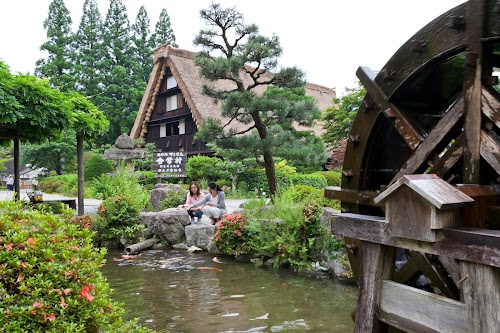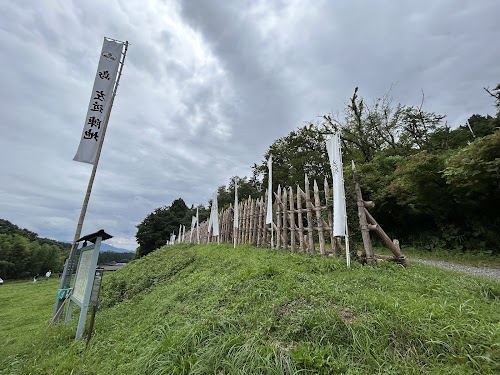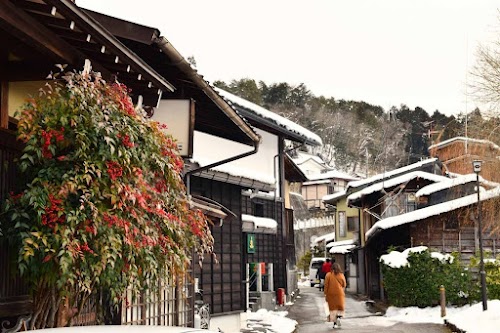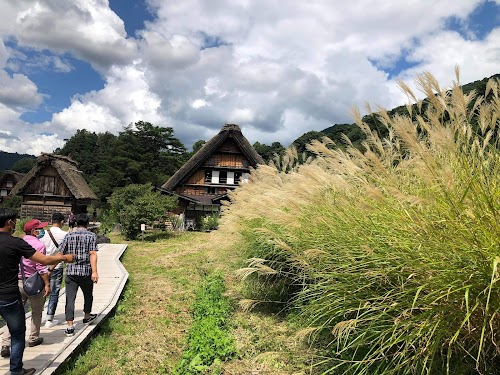Gifu Overview
Gifu, known for its historic towns and traditional crafts, is nestled along the Nagara River. Famous for its cormorant fishing and beautiful landscapes, it showcases ancient castles like Gifu Castle. Visitors can explore the scenic charm of Shirakawa-go, a UNESCO World Heritage site, where gassho-zukuri farmhouses thrive amidst stunning mountain views.
Gifu Top Attractions
See AllGifu Frequently Asked Questions
Gifu is famous for its Hida Beef, known for its tenderness and rich flavor. Don't miss trying Ayu fish, especially during summer, grilled over an open flame for an authentic taste of local cuisine.
Yes! Gifu boasts numerous onsen resorts like Gero Onsen, which is hailed as one of Japan's top hot springs. Enjoy soaking in the healing waters while surrounded by stunning mountain scenery.
Gifu hosts amazing festivals like the Gujo Odori, a traditional dance festival held in summer, and the Cormorant Fishing Festival, showcasing a unique fishing method that’s a must-see experience.
Absolutely! Head to the Gifu City Tower 43 for shopping with a view. You can shop for unique souvenirs like Gifu's traditional pottery and handicrafts, perfect memories to take home.
Outdoor enthusiasts can enjoy hiking in the surrounding mountains or participate in thrilling activities like paragliding. Gifu’s natural beauty makes it perfect for adventure seekers looking for excitement!
Dive into Gifu’s culture by attending a traditional tea ceremony or visiting a local craft workshop where you can learn about making Mino paper or pottery while interacting with artisans.
Many attractions in Gifu are wheelchair-friendly, especially in the cities. However, some rural spots may have limited accessibility, so it’s good to plan your visits to ensure a smooth experience.
Yes, some local tour companies and attractions offer English-speaking guides. It’s recommended to book in advance to enhance your experience and learn more about the rich history.
Consider getting a day pass for easy travel on public transport. The collection of local trains and buses connects major attractions, making it easier to navigate without hassle.
Yes! Be respectful by following local customs, such as bowing slightly when greeting and removing your shoes before entering homes or traditional ryokan. These gestures help show appreciation for the culture.





